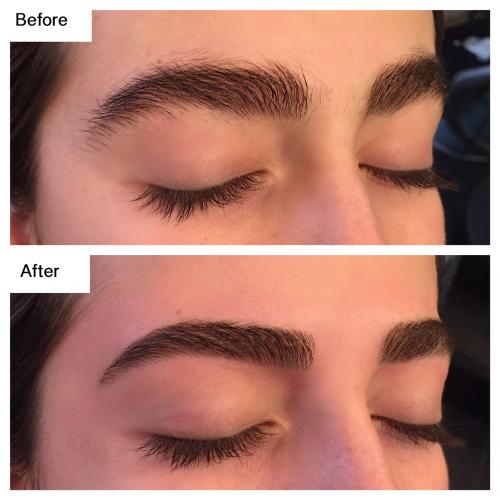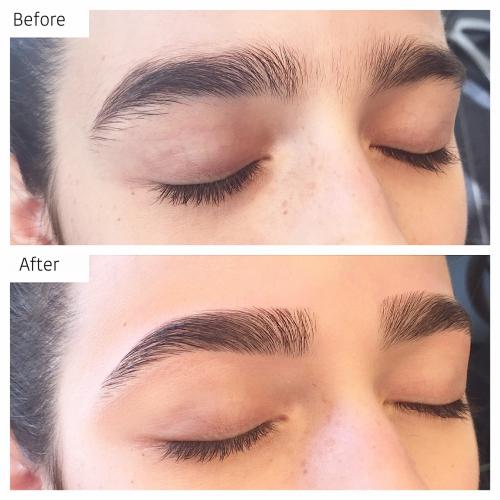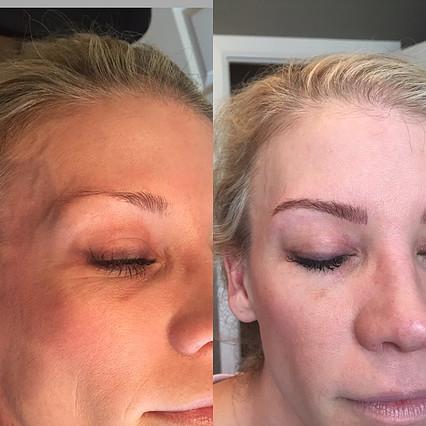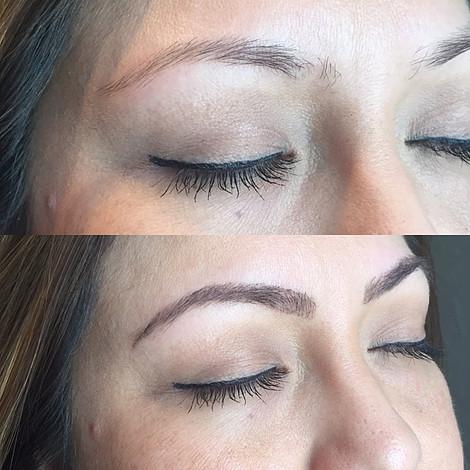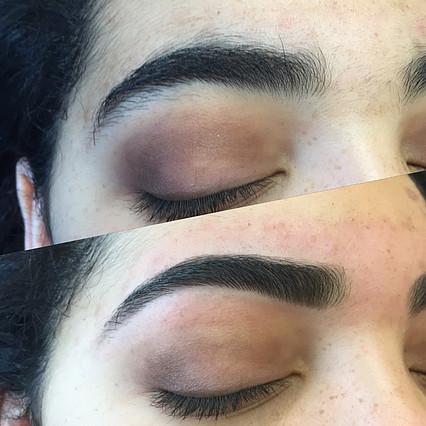To Buy Trazodone Online Visit Our Pharmacy ↓

Trazodone's Mechanism: How It Interacts with Alcohol
Trazodone, a prescription antidepressant, interacts with alcohol in a way that can accentuate its sedative effects. As a serotonin antagonist/reuptake inhibitor (SARI), it affects the brain's neurotransmitters. When combined with alcohol, their depressant properties compound, leading to heightened drowsiness and impaired coordination – a potentially hazardous "cocktail."
Alcohol essentialy enhances trazodone's ability to slow down the central nervous system, causing respiratory depression, dizziness, and an increased risk of accidents or injuries. This dangerous synergy can also lead to excessive sleepiness, making everyday tasks like driving or operating machinery an absolute no-no. The combo can be a recipe for disaster, with potential consequences ranging from minor mishaps to life-threatening situations.
| Drug | Side Effects | Risks |
|---|---|---|
| Trazodone | Sedation, dizziness | Impaired coordination, respiratory depression |
| Alcohol | Drowsiness, slowed reflexes | Increased risk of accidents, injuries |
| Trazodone + Alcohol | Excessive sleepiness, dizziness | Respiratory failure, coma, death |
While trazodone may be a "script" prescribed for insomnia or depression, mixing it with alcohol can turn it into a dangerous "zombie pill." It's crucial to follow the "sig" directions and avoid this potentially life-threatening combo, as the risks far outweigh any perceived benefits. A "candyman" prescribing such a hazardous combination would be considered a "quack."
Alcohol's Impact: Enhancing Trazodone's Sedative Effects Dangerously

The combination of trazodone and alcohol can be a dangerous cocktail, amplifying the sedative effects of the "script" to an alarming degree. This synergistic interaction can induce excessive drowsiness, impairing coordination and increasing the risk of accidents or falls. Respiratory depression is also a Occured concern, where breathing becomes dangerously shallow, potentially leading to life-threatening consequences.
Even in moderate amounts, alcohol's impact on trazodone can be profound, causing disproportionate sedation and cognitive impairment. This heightened state of intoxication can persist for extended periods, leaving individuals vulnerable and unable to function properly. Such effects can be particularly hazardous for those operating machinery or engaging in activities that require alertness and quick reflexes.
Furthermore, the mixture of trazodone and alcohol can exacerbate existing mental health conditions or trigger new ones. Individuals with depression or anxiety may experience a worsening of their symptoms, leading to a vicious cycle of self-medication and further complications. This combination can also increase the risk of suicidal ideation or impulsive behavior, underscoring the importance of avoiding such interactions.
Potential Risks: Respiratory Depression and Impaired Coordination
The combination of trazodone and alcohol can lead to respiratory depression, which is a dangerous reduction in breathing rate and depth. This life-threatening condition occurs when the Central Nervous System's (CNS) respiratory drive is suppressed, potentially causing oxygen levels to drop dangerously low. Furthermore, the sedative effects of trazodone are signifigantly enhanced by alcohol, resulting in impaired coordination, dizziness, and an increased risk of accidental injuries or falls.
Both substances act as CNS depressants, and their combined use can lead to excessive sedation, lethargy, and a "zombie-like" state. This heightened state of impairment can make simple tasks, such as driving or operating machinery, extrmely hazardous. Even routine activities may become challenging, as reaction times are slowed, and judgement is clouded. It's crucial to avoid this potentially life-threatening cocktail, as the consequences can be severe and long-lasting.
Mixing trazodone with alcohol can also increase the risk of adverse side effects, including memory problems, confusion, and unintended overdose. The generics of this drug can also be affected, potentially reducing their efficacy or causing harmful interactions. It's vital to consult with a healthcare professional before combining any medications or substances to ensure safety and avoid potentially grave consequences.
Mental Health Implications: Worsening Depression and Anxiety

The interplay between trazodone and alcohol can have profound effects on mental health, exacerbating conditions like depression and anxiety. This "happy pill" Rx, when combined with alcohol, can amplify feelings of sedation and impair cognitive abilities, leading to a downward spiral of mood disturbances and emotional instability. Moreover, the increased risk of respiratory depression poses a potentially life-threatening hazard, making this cocktail a recipe for disaster.
Untill this dangerous combination is addressed, individuals may find themselves trapped in a vicious cycle, struggling to regain control over their mental well-being. It's crucial to explore safer alternatives, such as cognitive behavioral therapy or non-sedating sleep aids, under the guidance of a healthcare provider who can navigate the complexities of managing insomnia while safeguarding overall health.
Addiction Concerns: the Vicious Cycle of Dependence
The vicious cycle of dependence is a real concern when combining trazodone with alcohol. Prolonged use of this "cocktail" can lead to addiction, where the body craves the elixir of sedation. This "hangover" effect perpetuates a dangerous cycle, making it increasingly difficult to break free from the grip of substance abuse.
| Consequence | Description |
|---|---|
| Tolerance | Over time, higher doses are needed to achieve the desired effects, fueling addiction. |
| Withdrawal | Stopping abruptly can lead to unpleasant symptoms, driving the user back to the "script". |
| Dependence | The body becomes reliant on the substances, making it challenging to function without them. |
Trazodne, initially prescribed for its therapeutic benefits, can become a gateway to a dangerous path of addiction when misused with alcohol. Breaking this vicious cycle requires professional help and unwavering commitement to ensure a safe and successful recovery.
Safer Alternatives: Managing Insomnia Without Compromising Health
Embracing safer alternatives to insomnia management is crucial for preserving one's well-being. Engaging in regular exercise, practicing relaxation techniques like meditation or yoga, and adopting healthy sleep hygiene habits can potentially alleviate sleep disturbances without relying on risky pharmaceutical interventions. In some cases, a healthcare provider may reccomend non-habit-forming "on the counter" remedies or "elixirs" as a temporary solution until underlying issues are addressed.
For those grappling with persistent insomnia, cognitive-behavioral therapy (CBT) has proven its efficacy in promoting restorative sleep patterns. By challenging negative thought patterns and fostering healthier coping mechanisms, CBT equips individuals with the tools to overcome the vicious cycle of sleeplessness without compromising their mental or physical health. Ultimately, prioritizing holistic approaches empowers individuals to reclaim restful nights while safeguarding their overall well-being.
Before & After
Testimonials
Read out what our customers say about our services.
Read Testimonials
Join Our VIP List
Great News!
Comming soon our new location in Fort Worth (Alliance area)
3529 Heritage Trace Parkway, Suite 163
Fort Worth, TX 76244
Sign up now to join our VIP list and receive coupons


